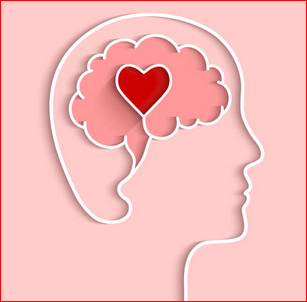Self-Actualization/"Fitrah" with Neurofeedback
- happybrainlab
- Feb 4, 2022
- 2 min read
According to Al-Ghazali, the author of the tome “The Revival of the Religious Sciences”, spiritual/psychological illness is defined as the distance from God and the degree of health as a function of the degree of experiential proximity to God. The ability to maintain a positive occupational, family, and social life may not be seen as a positive sign of spiritual/mental health. Positive character traits and behaviors are indicative of good mental health. Other symptoms of illnesses that are not often associated with mental illness include addiction to wealth, fame, status, ignorance, cowardice, lust, doubt, malevolence, calumny, envy, and avarice
The road map and standard toward gaining proximity to God is through the degree of emulation to the Prophet Muhammad's example. This includes the reformation of thoughts toward Islamic thoughts (thinking like the Prophet), behaviors, and attitudes, and the purification of the heart. The idealist is the Muslim who believes that his or her true self is God-like and that the purpose of life is to live in the divine image.
The concept of the fitrah, or human nature, is similar to Carl Rogers’s idea of the actualizing self or growth tendency. Islam, like other Abrahamic religions, views humans as intrinsically good and seeks to actualize their identity on the path toward reaching God. Islam also sees humans as having an inborn capacity to distinguish between right and wrong. Through intellectual, spiritual, and behavioral exercises, one can actualize the full potential of the fitrah. Research would support interventions oriented toward actualizing one’s personal meaning, as researchers have shown that it is a potent predictor of psychological well-being.
Many people are familiar with using neurofeedback as a way to improve performance. NeurOptimal is an alternate paradigm that I want you to use to achieve self-actualization. It means entering training in a state of being present and curious, just enjoying the journey, with a clear intention set in yourself. A full presence is embodied. We are more aware of our emotions, bodily sensations, subtle energies, and intuition, because we are free of thought. The center of gravity begins to move from the head to the heart as we rest. A sense of unity and connection is left after the subject/ object duality is dropped. That's the start of your journey to actualize your "fitrah".




Comments